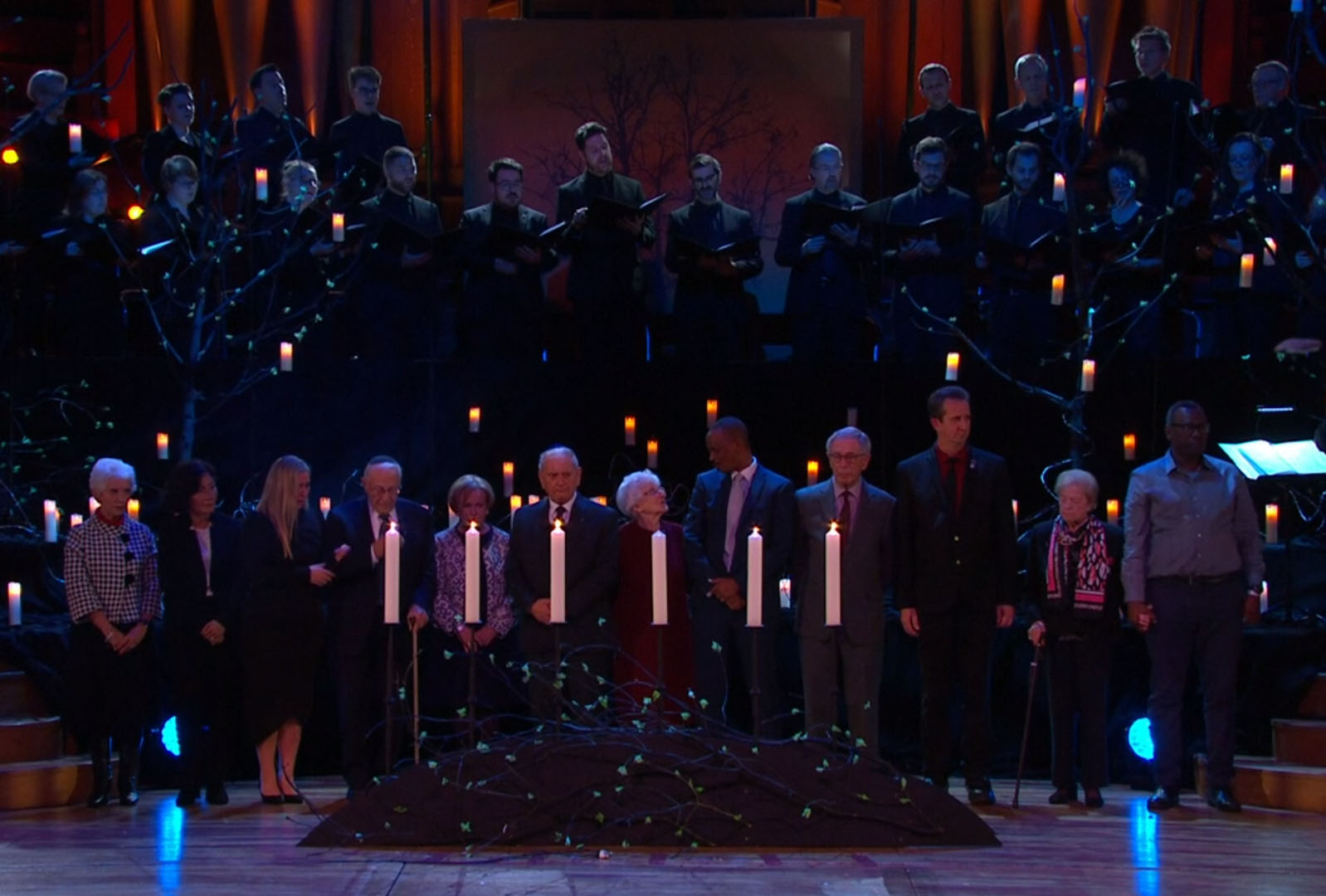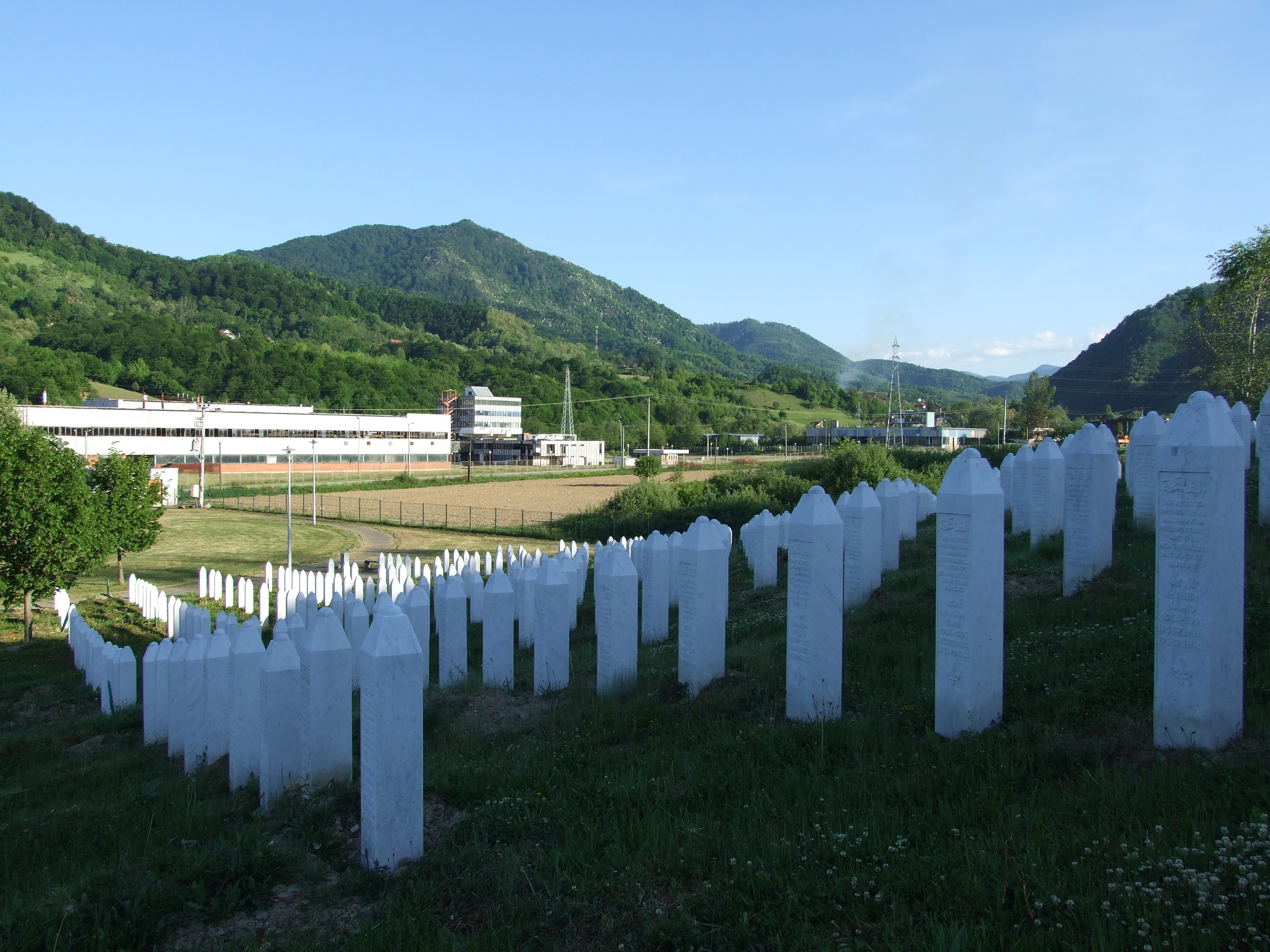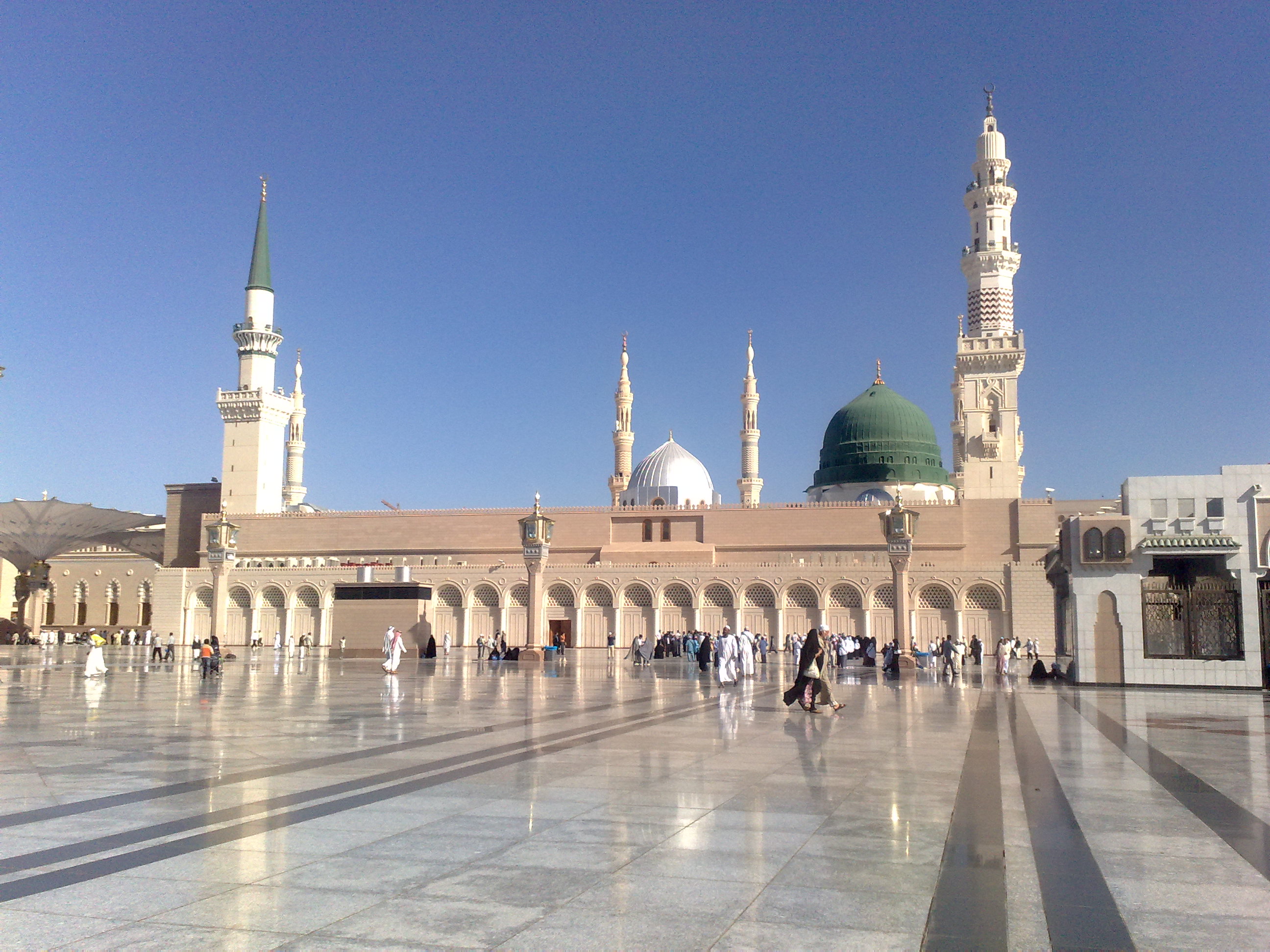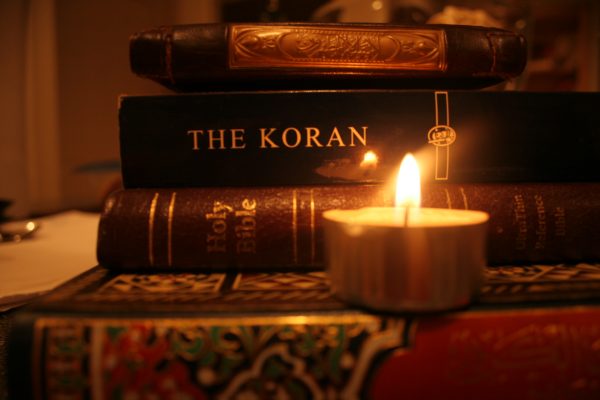By Paul Salahuddin Armstrong, 28 January 2020
Yesterday I attended the UK National Commemorative Ceremony for Holocaust Memorial Day 2020 at Central Hall in Westminster. This year commemorates 75 years since the liberation of Auschwitz-Birkenau, and is an occasion of national significance.
Welcomed by Laura Marks OBE, Chair of the Holocaust Memorial Day Trust, we were lead through a very moving ceremony by Huw Edwards that included music, film, poetry, prayer, and speeches by HRH the Duke of Cambridge and our Prime Minister, the Rt Hon Boris Johnson MP, who committed himself and the British Government to building the National Holocaust Memorial and Education Centre, and doing everything he could to ensure this tragedy of the early 20th Century is never forgotten.

Throughout the ceremony we were reminded that although every year we renew our commitment to remembering the Holocaust and saying “never again”, similar atrocities have happened again in Cambodia, Rwanda, Bosnia, Darfur, Myanmar, and elsewhere in the world. Where is our resolve to ensure these atrocities really end, and never happen again?
I was reminded of my visit to Bosnia in 2015. The genocide in Bosnia is still fresh in people’s memories, I remember the news from when I was in my teens, watching glimpses of the horrific situation on TV. I remember feeling helpless, not being able to do something to help these people who were clearly suffering and in danger. Angry and upset at how human beings can do such terrible things to one another, on nothing more than the pretext of perceived differences.
What happened in Bosnia is particularly stark, as the only real differences between Bosnians are religious, and between those who want to live together and those who don’t. All Bosnians are more or less the same ethnically, share the same language, and for the most part, culture. Yet politicians in Republika Srpska were saying Bosnian Muslims were genetically inferior to Serbs. Indeed, some still say this even today.

In Germany at the end of the 19th Century, and before the rise of the Nazi Party in the 1930s, German Jews were fully integrated into German society, they were Germans like any other Germans, the only real difference was their religious identity as Jews. For this reason alone they were rounded up, sent initially to ghettos, and then concentration camps, which turned into death camps.
6 million Jews lost their lives in a totally unnecessary man-made tragedy on an incomprehensible scale. Nowhere in continental Europe were Jews safe, even beyond continental Europe, wherever the Nazis had a foothold and influence, Jews were arrested and sent to concentration camps.
How many wonderful, talented, beautiful people were lost in this terrifying horrific chapter of history? People who could have contributed so much to the sciences, culture, arts, and business… Both Albert Einstein and Sigmund Freud were German Jews; two great men who contributed so much to our understanding of the sciences.
Nor was this sickening slaughter restricted to Jews, it included Roma, homosexuals, Jehovah’s Witnesses, anyone who was deemed unfit or infirm, as well as political prisoners. All sense of humanity was lost in this terrifying dark chapter of recent European history.
As a Muslim, I can’t help but think that were Prophet Muhammad ﷺ physically walking amongst us today, he would be utterly appalled at what happened during the Holocaust and more recent genocides. Prophet Muhammad ﷺ and his companions themselves suffered terribly during the early years of Islam.
“Believers, do not consume one another’s possessions wrongfully, not even if it is a trade with mutual consent. Do not kill each other, for God is merciful to all of you.”
~ Holy Quran 4:29 (Safi Kaskas)
Early in the history of Islam, Muslims were boycotted by the leadership of Mecca, they were sent out of the city, no one would do business with them, no one would have anything to do with them. All social, political, and business ties with Muslims were cut off. Anyone who went against this boycott was liable to be included in it too, whether or not they were Muslims, and many were. During the 3rd year of this boycott, Muhammad ﷺ lost his dear uncle Abu Talib, and his beloved wife Khadijah.
The only reason for the boycott was because they were Muslims. The majority were Arabs just like the people in Mecca, from the same families as the people in Mecca. The only difference was that they believed in the Oneness of God and living humanely.
The persecutions Muhammad ﷺ and his community suffered included people being tortured and killed for their beliefs. During this dark chapter in the early history of Islam, some Muslims fled to Ethiopia, where the Christian king of Abyssinia gave them sanctuary.
Later, the Prophet Muhammad ﷺ received an invitation to settle in Yathrib, which became the city of Medina. After all of the Muslims had left for Medina, Muhammad himself travelled and settled there. Even during this journey, there were those who tried to hunt him down and kill him. Muhammad ﷺ had to hide in a cave with his close friend Abu Bakr, or they would never have made it to Medina, and the story would have ended there.
“God orders justice, good works, and generosity to relatives and He forbids vice, evil, and oppression. He warns you so that you will keep all this in mind.”
~ Holy Quran 16:90 (Safi Kaskas)
During his life, the Prophet Muhammad ﷺ always took a strong stance against injustice and persecution, he said, “the best jihad (struggle) is to speak a word of truth to a tyrant”. The Quran speaks strongly against oppression and persecution. So I have no doubt that were Prophet Muhammad ﷺ walking amongst us today, his sympathies would be with the survivors of the Holocaust and the genocides that have happened since, because he experienced similar during his own life, as did his family and community.
Even after the passing of Prophet Muhammad ﷺ, his family continued to be persecuted by people who were not reformed or spiritually enlightened. His son-in-law Ali was murdered, as were his beloved grandsons Hasan and Hussain, and those who survived suffered terribly, both through the losses of their loved ones and suffering directly inflicted upon them.
We should all redouble our efforts to remember the Holocaust and all genocides, and do everything we possibly can to ensure these atrocities stop for good and are never repeated.



